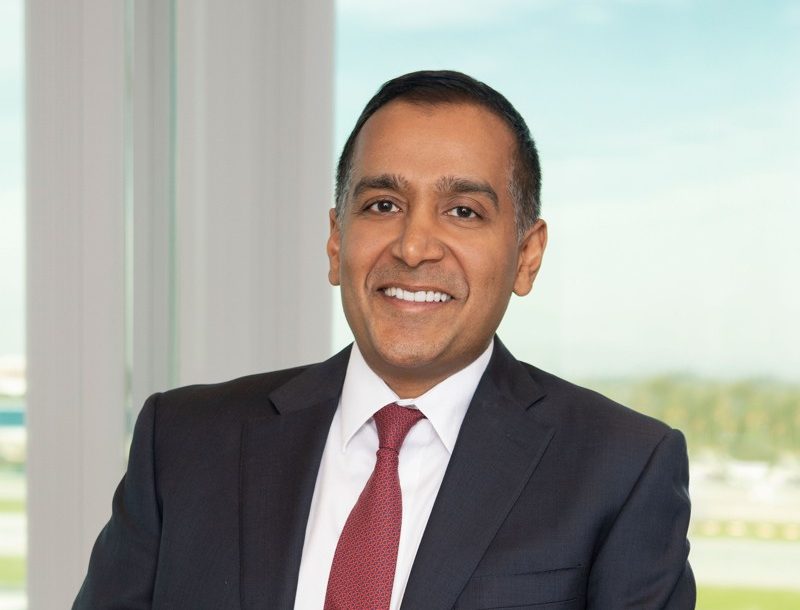
Sachin H. Jain: The work of leadership is understanding who and where people are in their journey of self-awareness and self-confidence and meeting them where they are.
Sachin H. Jain, President and CEO of Scan Group and Health Plan, recently shared on LinkedIn:
“Early in my career, I valued mentors who provided blind encouragement and affirmation. The reason was simple. I was insecure and was uncertain of my place in the world. Words of affirmation from people I admired gave me the comfort and confidence I needed to do things that felt above and beyond me.
Over time, the affirmation was like a drug. And I sometimes felt like I was addicted to it. When it didn’t come—I felt like something was missing or, worse, like I wasn’t doing a good job—even when I knew I was. Like many, I was hooked on extrinsic, rather than intrinsic, recognition of my value and worth. And it was a dangerous place to be.
As my career progressed and my personal confidence grew, I (mostly) grew out of that stage. I strangely no longer wanted the blind encouragement and affirmation that I previously craved. Rather when given that kind of support—I felt invisible. It was strange. Don’t tell me pretty lies. Tell me what you *really* see. Tell me what I *really* need to know. I wanted the kind of microinsights and criticisms that would make me better. Helpful criticism and hard feedback became my love language. A “you are doing great”—felt hollow and unhelpful. A detailed review that prompted me to rethink my approach my assumptions. Gold.
Now that I’m in a position to mentor others and provide feedback, I often have to remind myself that people are in different stages and want different things from mentoring relationships. Some people want and need the never-ending kudos and do their best work when they receive them. And it is sometimes my job to deliver that. Others want care in the form of criticism. And it sometimes is my job to deliver that. Everyone wants feedback—but the truth is, they want the kind of feedback that they are ready to hear. Nothing more, nothing less. And anything else is likely to be unhelpful to them (at least in the short term).
This is a lesson that’s hard to absorb because it doesn’t necessarily rely on the Golden Rule that usually guides our ethical compass. Treating others as one would expect to be treated themselves often does not lead to the best or the right outcome. The work of leadership is understanding who and where people are in their journey of self-awareness and self-confidence and meeting them where they are. And while most of us see ourselves as “good judges of character,” it’s painfully easy to misread where people are. And misfire and give them something other than what they need. The confident-seeming are often not. And the fragile-seeming are often strong. It’s all part of what makes leadership so difficult at times.”
Source: Sachin H. Jain/LinkedIn
-
Challenging the Status Quo in Colorectal Cancer 2024
December 6-8, 2024
-
ESMO 2024 Congress
September 13-17, 2024
-
ASCO Annual Meeting
May 30 - June 4, 2024
-
Yvonne Award 2024
May 31, 2024
-
OncoThon 2024, Online
Feb. 15, 2024
-
Global Summit on War & Cancer 2023, Online
Dec. 14-16, 2023
